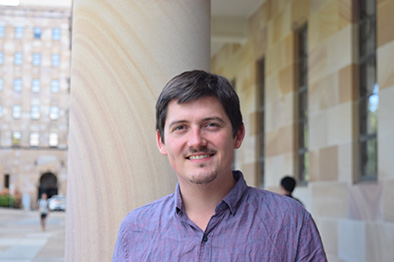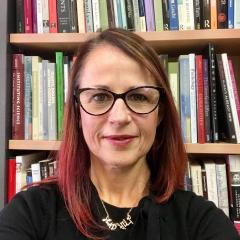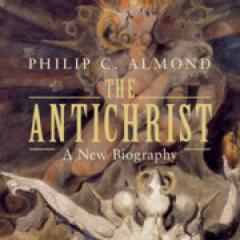 IASH congratulates Dr Mike Zuber, who has been awarded a fellowship under the Ernst and Rosemarie Keller Fund by the Australian Academy of the Humanities for his project The Captive Alchemist: The Lives of a Soldier of Fortune, Fertility Doctor, Courtier, and Conman in Franconia.
IASH congratulates Dr Mike Zuber, who has been awarded a fellowship under the Ernst and Rosemarie Keller Fund by the Australian Academy of the Humanities for his project The Captive Alchemist: The Lives of a Soldier of Fortune, Fertility Doctor, Courtier, and Conman in Franconia.
The Ernst and Rosemarie Keller Fund supports the research activities of scholars residing in Australia whose research is concerned with German history, literature, language, politics or culture, or German contributions to the history, literature, languages, politics or culture of either Australia or the Asia-Pacific region.
Mike is planning to do research at archives and libraries in the region of Nuremberg, Bamberg, and Bayreuth, as well as visit the sites of events that took place between 1677 and 1686—from the arrival of Christian Wilhelm von Krohneman in Franconia to his execution at the gallows. His plan was to do that during the second half of 2021, allowing for any adjustments necessary due to events surrounding the pandemic and travel restrictions.
His project is the first full-length treatment of Christian Wilhelm von Krohneman, a German soldier and alchemist, for more than two hundred years. It contributes to new historical understandings of alchemy, which has suffered from centuries of bad press and mystification.
Mike says,
Alchemy is often associated with fraud; there is a strong stereotype of the fraudulent alchemist, such as we know it from Ben Jonson’s play and other works of literature and art. Yet it was surprisingly difficult to prove alchemical fraud, and only very few alchemists were convicted of such a crime. Indeed, capital punishment for alchemists was very rare and a bit of a German idiosyncrasy, mostly concentrated in two phases around 1600 and 1700. The strange thing is that even Krohneman, whose alchemical fraud became apparent towards the end of his life, did not face the gallows for that reason. Instead, he was convicted and executed for a number of other crimes, such as his desperate escape attempt and adulterous liaison with his maid, as well as having incited his accomplices to committing various burglaries. So, the Krohneman who dangled at the gallows in 1686 was really not the alchemist but the fugitive, adulterer, and criminal ringleader. Yet even so, soldier-alchemists like Krohneman contributed to the gradual erosion of alchemy’s credibility, which rapidly slid down a cliff in the early eighteenth century.
Coronavirus has made it really difficult for humanities and arts researchers in Australia to obtain physical items from libraries overseas. This trip will help Mike to consult the best collections for scholarship on Franconian history. Most of the original sources on the alchemist Krohneman are also preserved at local archives. He has previously taken stock of the obvious files in Bamberg and now hopes to discover more relevant information in unexpected folders and locations. Additionally, Mike wants to get a better feel for the region and its culture:
Krohneman spent more than four years imprisoned on a fortress, the Plassenburg, so it is important for me to experience this place to better understand what the sources say about it.
We wish Mike all the best for completion of his project.



